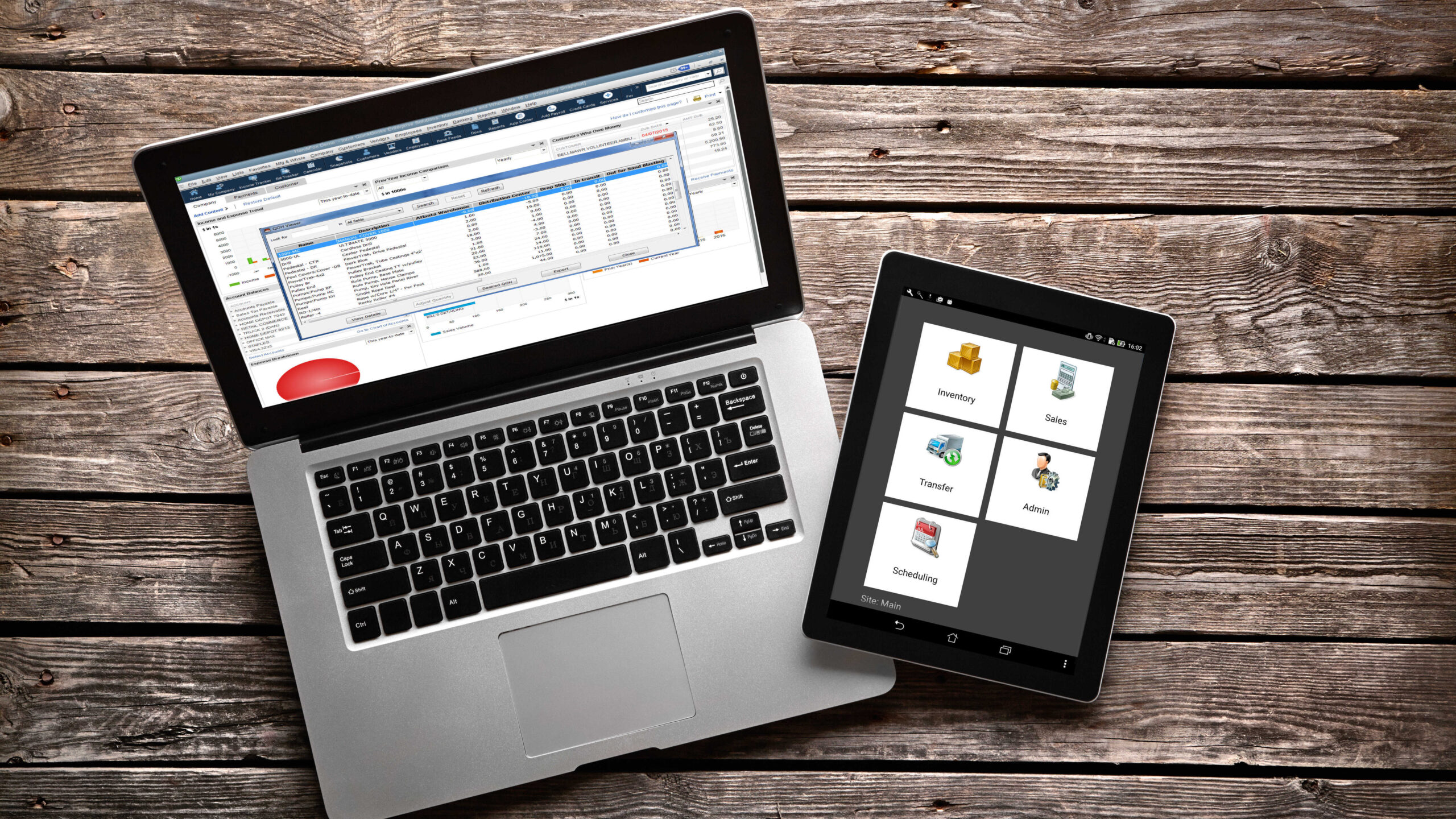
Web applications are critical to modern businesses, providing essential interfaces for user interaction. Ensuring their reliability, performance, and security is vital to success. However, testing web apps has grown increasingly complex due to the wide variety of browsers, devices, and rapid development cycles. Traditional testing methods often fall short, which is where AI for software testing and web app test automation come in, offering smarter, faster, and more efficient testing processes.
1. Define Clear Testing Objectives
Before diving into automation or integrating AI, define clear testing objectives. Are you focusing on functionality, performance, security, or usability? Clear goals allow you to choose the right tools and strategies, ensuring that your web app test automation efforts align with business needs.
- Functional Testing ensures the app behaves as expected.
- Performance Testing measures how well the app handles traffic.
- Security Testing identifies vulnerabilities.
- Usability Testing ensures ease of use.
A clear focus is essential for determining your automation and AI testing approach.
2. Leverage AI for Software Testing
Integrating AI for software testing can significantly enhance the efficiency of your web app testing efforts. AI-driven testing tools automate test generation, adapt to changes, and even predict defects. Here are key AI benefits:
- Automatic Test Generation: AI tools analyze app behavior and automatically generate test cases, improving test coverage and saving time.
- Self-Healing Automation: AI tools like Virtuoso detect changes in the web app and adjust test scripts automatically, reducing the need for manual updates.
- Predictive Analytics: AI tools analyze historical data to predict where defects are most likely, allowing teams to prioritize high-risk areas.
By leveraging AI, you can improve test adaptability and scalability, ensuring faster, smarter, and more comprehensive testing.
3. Automate Repetitive and Regression Testing
Web app test automation is crucial for repetitive tasks like regression testing. Automating these tests ensures new code doesn’t break existing functionality, offering:
- Time Savings: Automated tests run across multiple environments, freeing teams from manual work.
- Consistent Results: Automated tests ensure consistent execution and faster issue detection.
- Scalability: Automation enables testing across various browsers and devices, ensuring compatibility.
Automating repetitive tests helps you maintain quality while keeping up with fast development cycles.
4. Prioritize Cross-Browser and Cross-Device Testing
Web apps must perform consistently across various browsers, devices, and operating systems. Testing across multiple platforms ensures a smooth user experience. To streamline this:
- Use Automation Tools: Automated cross-browser testing tools simulate different environments, speeding up the process.
- AI-Powered Visual Testing: AI can automatically detect visual differences across platforms, ensuring a consistent UI.
- Test Responsiveness: Ensure your web app adapts to different screen sizes by automating responsiveness testing.
Cross-browser and cross-device testing is essential for a seamless user experience, and automation ensures thorough coverage.
5. Integrate Testing into CI/CD Pipelines
Continuous Integration and Continuous Delivery (CI/CD) pipelines are key in modern development. Integrating web app test automation into CI/CD allows for continuous testing throughout the development process, ensuring issues are caught early. Best practices include:
- Run Tests on Code Changes: Automate tests to run whenever new code is pushed to detect issues early.
- Integrate with CI/CD Tools: Tools like Jenkins or GitLab CI automate testing as part of the build process.
- Monitor Test Results in Real-Time: Use AI to analyze test results and identify patterns or failures quickly.
Integrating testing into your CI/CD pipeline enables faster feedback and more reliable releases.
6. Conduct Performance and Load Testing
Web app performance is critical, especially under heavy load. Automated load testing ensures your app can handle traffic spikes. Best practices include:
- Use AI for Predictive Load Testing: AI can predict performance bottlenecks by simulating future load scenarios.
- Automate Load Tests: Automating load tests ensures consistent performance testing as your app evolves.
Performance testing ensures your web app remains responsive and reliable, even under heavy use.
Testing web apps efficiently is crucial for delivering high-quality user experiences. By adopting AI for software testing and web app test automation, you can automate repetitive tasks, improve test coverage, and ensure seamless performance across platforms. Leveraging AI-powered tools and integrating testing into CI/CD pipelines are key strategies to stay competitive and maintain robust, efficient web applications in today’s fast-paced development environment.











